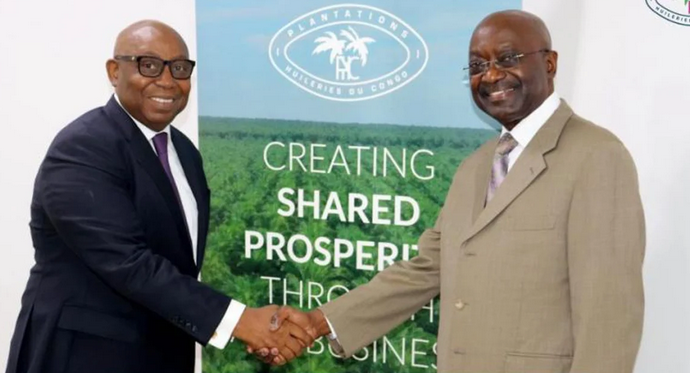As detailed in two Oakland Institute reports, the high-profile investors who have bankrolled the plantations through their investments in KCM include the Bill & Melinda Gates Foundation Trust, the University of Michigan, the University of Washington in St. Louis, Northwestern University, the South African Government Employees Pension Fund and Public Investment Corporation, and the Kamehameha Schools. Despite being aware of the human rights abuses and sustained land struggle at the plantations for years, these investors have so far remained invested in KCM funds.4
The Mauritius case is not the first fight over PHC to occur. In 2021, KCM took legal action against Larry Seruma of Nile Capital Management – one of the firm’s partners – in Delaware and Canada. The pending case against Seruma in Delaware seeks to remove him from management and significant financial damages. Seruma responded with his own lawsuit seeking legal authority over the plantations and over US$158 million in damages. His lawsuit claims “Adeosun wants the upside potential of PHC for himself and wants to get me out of the picture. He wants more money.” The decision in the Delaware case is expected imminently and could prove disastrous for one of the parties.
Amidst the ongoing legal battles, communities have filed a complaint in 2018 to the International Complaint Mechanism of the German, French and Dutch development banks – previously invested in PHC. The six-year mediation process has focused on land conflicts, violence against villagers, and the lack of transparency – all of which have only intensified over the period. Communities dispute the legality of PHC’s land claims and insist that a handful of social projects or compensation will not address these rights violations. They have been clear that the mediation will be a failure if their land is not returned.
In disregard for the ongoing suffering in the communities, PHC recently celebrated its production of over 80,000 tons of palm oil at a lavish gala held in a five-star hotel. In November 2023, blatantly ignoring local communities’ demand for their land back, the company announced massive expansion plans to increase its palm oil production to two million tons annually within a decade.
“Expanding at this scale reveals the company has no plans to return the stolen land, for which it cannot even provide documentation. While the prominent investors bankrolling the plantations have so far ignored the land theft and rights abuses, the serious allegations of money laundering and fraud should finally get their attention,” concluded Mousseau.
1 The case was filed by Mafuta Investment Holding Limited, which Mpinga founded and serves as CIO.
2 Various KCM funds control the majority of shares in Straight KKM 2, which owns 76 percent of PHC, making it the majority shareholder.
3 Mafuta and KCM agreed in a February 2022 “Side Letter” for PHC to engage with GAP for up to US$600,000 annually. Any payment over this limit should have required shareholder approval, according to the lawsuit.
4 As of most recently available public data.
